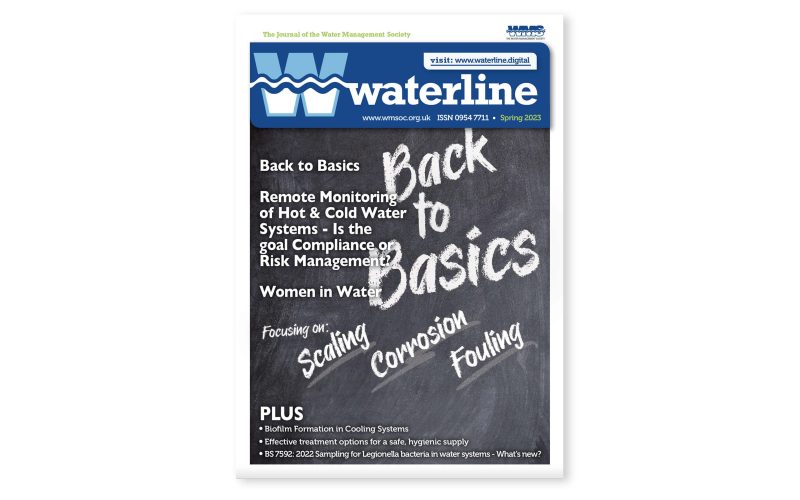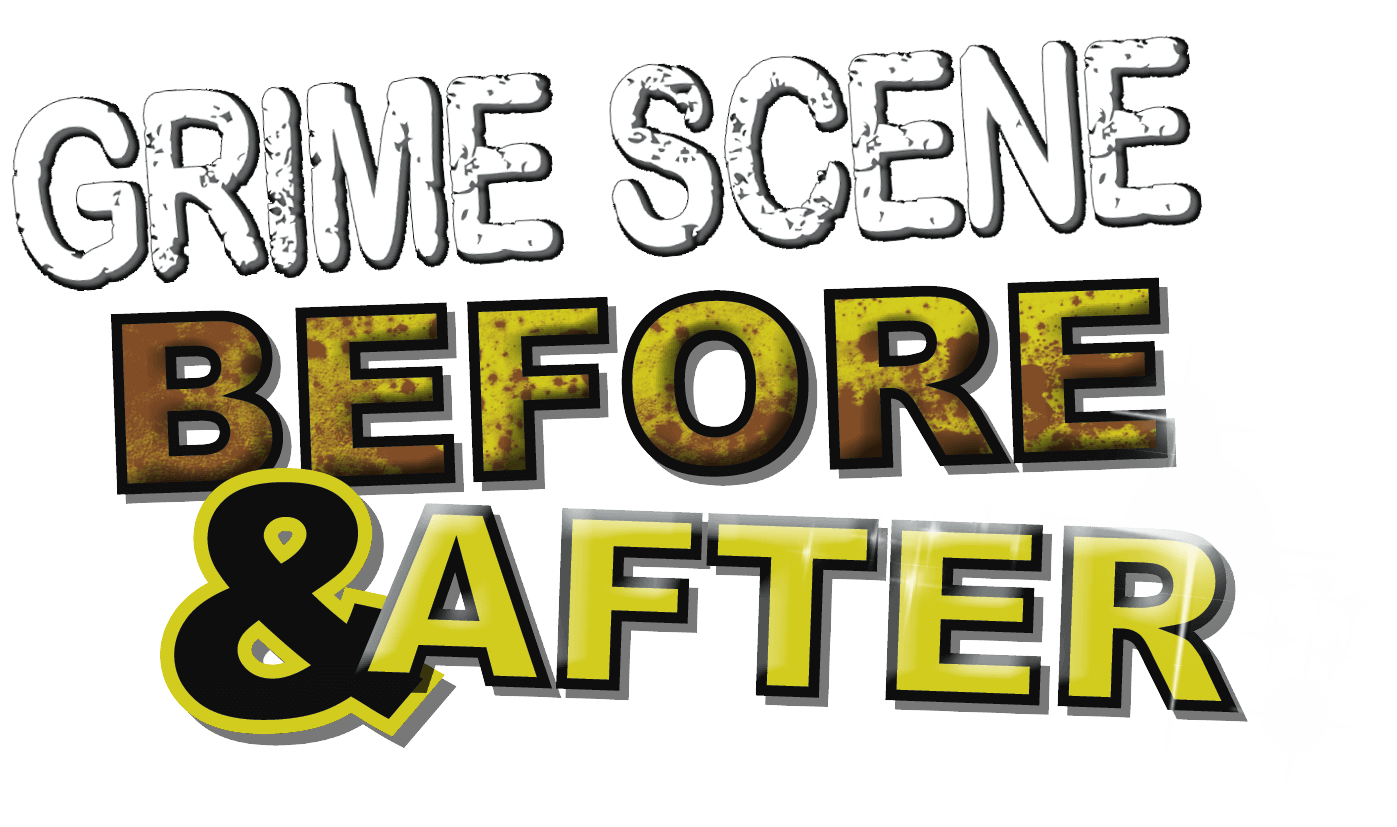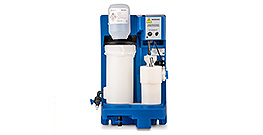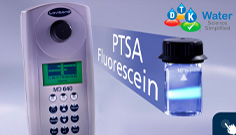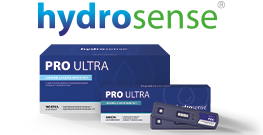As featured in Waterline Spring 2023
Women in Water
by Dr Pamela Simpson
Gender comparison worldwide
Anyone working in the water industry will be aware that this is a male orientated sector. Whilst some job roles may be predominantly female, overall the numbers of males far outweigh the females and this is echoed in the number of female members and students we see at the Water Management Society.
The World Economic Forum’s (WEF) Global Gender Gap Report 20221 benchmarks the current state and evolution of gender parity across economic participation, educational attainment, health and survival and political empowerment. The 2022 report shows that whilst the global gender gap overall has been closed by 68.1%, at the current rate of progress, it will take 132 years to reach full parity for the sexes.
And when it comes to achieving workplace equality, the Global Gender Gap Report shows it will take another 151 years. Men still hold a clear advantage in being promoted to leadership roles. Meanwhile, female founders are starting their own businesses at a faster rate than men.
The report cites that gender gaps in the workforce are driven and affected by many factors and globally social expectations, employer policies, the legal environment and the availability of care continue to play an important role in the choice of education and careers. We see women as the primary caregivers within families and this group was adversely affected by the 2008 Global Financial Crisis.
Although no country has yet achieved full gender parity, the top 10 economies have closed at least 80% of their gender gaps, with Iceland (90.8%) leading the global ranking. Europe overall has the second highest level of gender parity in part due to Iceland, Finland and Norway who hold the topmost ranks in the world with the United Kingdom coming in 22, out of the 146 countries ranked, with a score of 78%1.
Water Industry figures
According to the Gender Gap Report gender parity in the workforce is currently standing at 62.9%, but with women filling only 36.9% of leadership roles overall. However, when drilling down to leadership roles in our industry we see that only 20% in the Energy sector, 19% in Manufacturing and 16% in Infrastructure are filled by females.
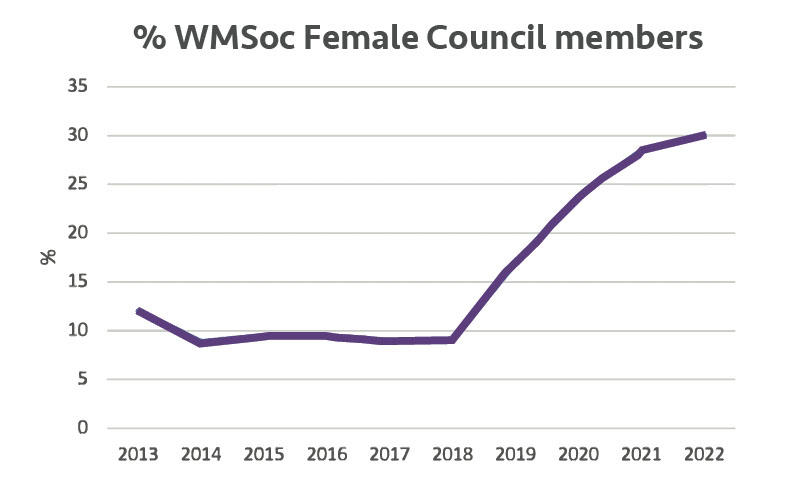
A poll by the Scottish and Northern Ireland Plumbing Employers’ Federation (SNIPEF)2 of 674 people showed that 39% of respondents believed that ‘sexist and outdated stereotypes were the main barrier to women entering the UK plumbing industry’. Fiona Hodgson, chief executive of SNIPEF, said: “It is unbelievable that in 2023 outdated and sexist stereotypes continue to be made about what women can and cannot do, often reinforced by misguided career advice that the trades are men-only professions.”
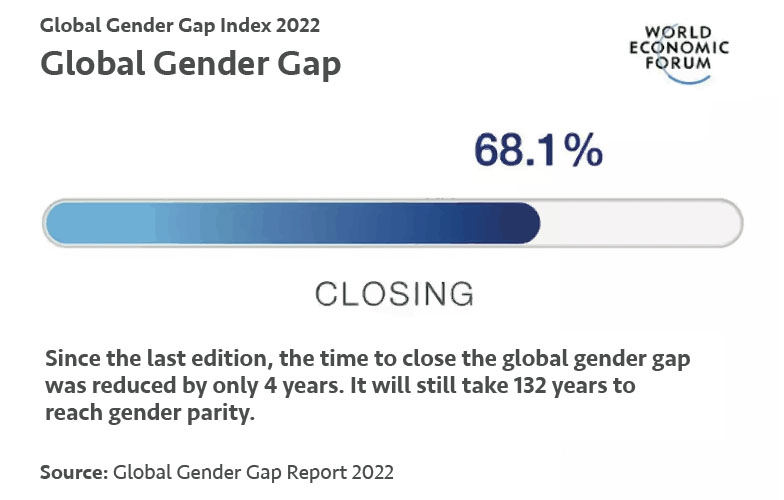
The goal of the Water Management Society is to reach all employees within the water industry, and whilst the current membership of females is only approximately 10% of total membership, we are working towards enabling more diversity within the Society’s membership and representation on Council. It is hoped that by encouraging women into these roles, it will encourage young people to make the water industry their preferred career choice.
The graph on the left currently shows that the figure stands at 30% representation within Council which is roughly in line with the percentage of women in leadership roles, globally1.
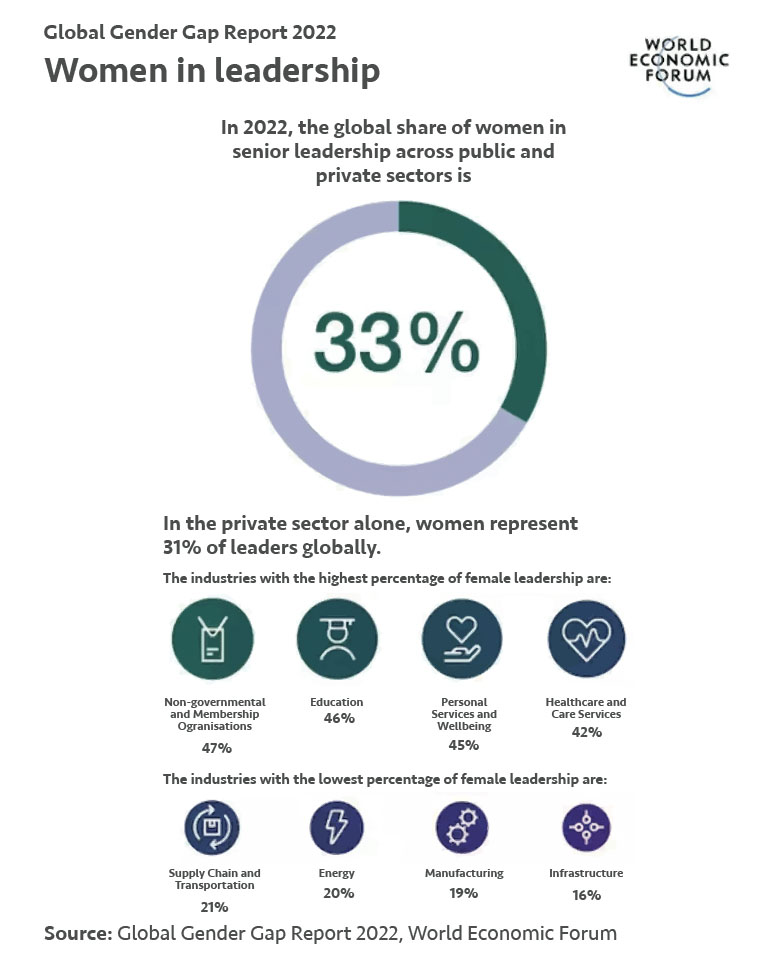
The Society is striving to improve on these statistics, to focus on gender equity and to be a role model for its membership. The difference between equality and equity is small but important. International Women’s Day’s hashtag is #EmbraceEquity and they state that “Equity isn’t just a nice-to-have, it’s a must-have. A focus on gender equity needs to be part of every society’s DNA and it’s critical to understand the difference between equity and equality.”3
• Equality means each individual or group of people is given the same resources or opportunities.
• Equity recognizes that each person has different circumstances, and allocates the exact resources and opportunities needed to reach an equal outcome.
This can also be applied to qualifications when entering the water management industry and vocational training apprenticeships may be the most appropriate way for some individuals to learn. However according to the SNIPEF poll only 2% of plumbing apprentices are currently female2, although this figure is rising year on year.
To celebrate International Women’s Day, we have included six short biographies from women who have chosen the Industrial Water Treatment Industry as their career path.
Here’s what they have to say:
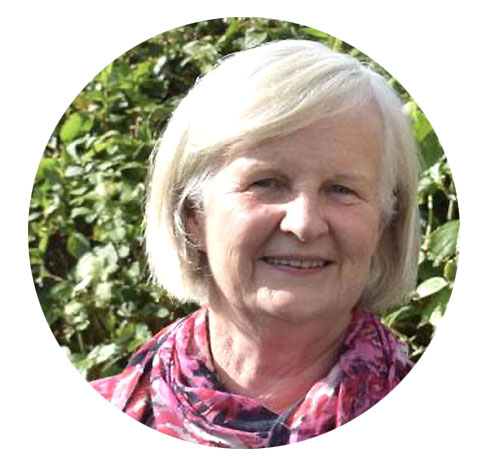
Elizabeth Day
Director, Chesterfield WT Consultants Ltd
Having graduated in, and taught, science I was looking for a change and a challenge in my late 20s. An opportunity arose to join a company undertaking pre-commission cleaning, about which I knew nothing but was excited at the prospect of a variable job which included learning a new subject, visiting different sites and working in a commercial world. Initially I trained as a service chemist whilst also learning how water systems worked and the challenges of flushing to remove debris from pipework. With time I was promoted and started to be involved in the management side of business which was stimulating and interesting.
I thoroughly enjoy meeting a large variety of interesting people including developers, people from the construction industry, maintenance teams, water treatment engineers and scientists. Working in the water treatment industry has satisfied my love of variety, I have a practical and problem-solving job and no 2 days are the same. The opportunity to visit different sites and places means that I don’t have to be behind a desk all day every day.
It takes a bit of courage to change careers but I would strongly recommend and support anyone wanting to move into water treatment.
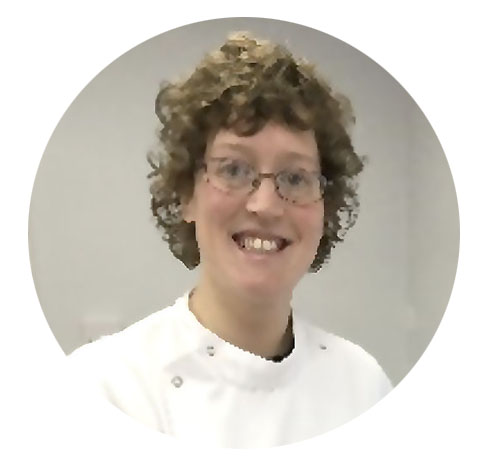
Laura Moran
Microbiology Laboratory Manager, Feedwater
At the age of 17 I applied for the apprenticeship role at Feedwater Ltd, this sounded interesting and different to what I was currently doing, at the time I was working in a florist. I liked the sound of helping to test water for different types of bacteria, the apprenticeship appealed to me as there was day release each week to college to study a BTEC in applied science. An NVQ level 3 was undertaken too as part of the apprenticeship scheme with on the job evidence from lab work carried out during this time. I was lucky enough to be accepted for the apprenticeship role and started when I was 18.
To be honest I had never thought about a degree or attending university. Following my apprenticeship, I successfully gained a permanent contract as a Laboratory Technician at the company’s Microbiology Laboratory, I went on to complete NVQ Level 4 LATA. In 2011 Feedwater gave me the opportunity to enrol on a Bachelor of Science (Hons) Open University degree, this was achieved over 6 years, part-time study whilst working in the laboratory and was completed in 2017.
I was appointed Manager of the Microbiology Laboratory Operations in 2020. I love my job and to all other young people out there not sure whether to do a degree or apprenticeship, I would like to say you must follow the right path for you. I personally believe apprenticeships are a great opportunity as you gain hands on experience that you don’t always get in college/university, alongside working towards qualifications. Apprenticeships are ideal to get straight into the industry without the added pressure or worry of loans for study.
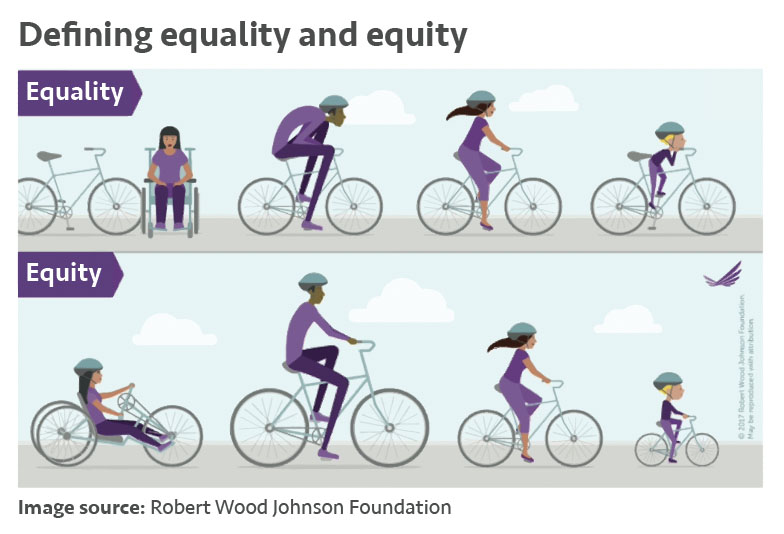
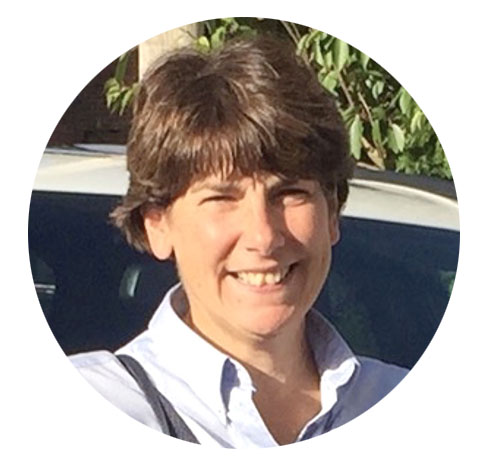
Beverley Glasby
Director, ABG Safety Consultancy Ltd
Having gained a BSc (Hons) degree in Chemistry and Pharmacology at the University of Sheffield I went on to qualify as an Environmental Health Officer specialising in food safety and health and safety, working both in the public sector, as an enforcement officer, and then in the private sector, as Head of Food Safety and Health and Safety for a national retailer.
I was introduced to the water hygiene industry and specifically legionella control by a service provider later in my career in 2011. I soon found that my science background, experience gained within food safety and health and safety enforcement and management was a good grounding for a career in the water hygiene/treatment industry.
I set up A B G Safety Consultancy Ltd with my husband, Angus, in 2016 and although, a significant part of my work still is within food safety and general health and safety, the majority of my work now lies within legionella control. My work includes undertaking risk assessments, providing advice and training. The majority of clients I worked with in the early days of setting out on my own, I am proud to say, are still with me today. What I enjoy about my work is that every client’s needs and every system are different…so every day is a school day and when I was approached to become a freelance assessor for the LCA I accepted without hesitation! In fact, I was the first female assessor appointed and I am pleased to say that the LCA now employs the services of two other female assessors.
As a woman working in a male dominated industry, I have never been fazed. If you are confident in knowing you have done a good job and helped companies strive for excellence in legionella control and health and safety, you can hold your head high, man or woman.
I have been inspired by a few people throughout my career, both male and female, but the person who has inspired me most, is my daughter Charlotte. She was about to take her GCSEs when COVID hit which could have had a significant impact on her education, but it made her determined to succeed. On moving on to her A levels, against the advice of her school, she chose to take 4 A’ levels and subsequently achieved four A*s in biology, chemistry, maths and geography. She is now at Edinburgh University studying biology and in keeping with International Women’s Day and women in male dominated industries, I am keen for my daughter and other young women to pursue whatever career path they desire.
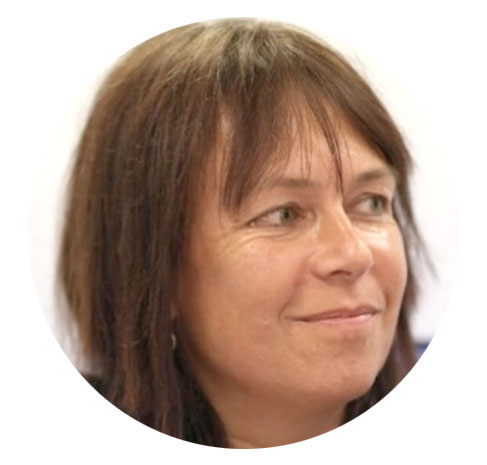
Jill Cooper
Own Label Manager at B & V Chemicals
How did I get into water Treatment? The honest answer is completely by accident.
I obtained a degree in Microbiology from Aberystwyth University and I have worked in various fields relating to Microbiology for 30 years, the last 18 years specifically in Water Treatment. Prior to my current role as Own Label Manager for B & V Chemicals my first research project was into Nosocomial Pseudomonas aeruginosa infections. This research was then followed up by 12 years working for Applied Chemicals developing and testing chemical formulations for a variety of industrial applications with a particular focus on biocides and sanitisers. I then worked for a couple of years in Sales for Severn Trent Laboratories. One of my customers at the time was B & V and I was asked to give a talk to them about Microbiology and Legionella. At the end of the talk they asked me if I wanted a job!!!
I have never looked back and really enjoy everything to do within my role. Definitely a steep learning curve at first but the many facets of water treatment are extremely interesting and I still love learning. For the first couple of years and as part of my training I looked after steam boilers, cooling towers and closed circuits on a number of sites. Always interesting and at that time, 17 years ago a woman doing this sort of work was something of a novelty, I certainly had no shortage of offers to carry my test kit around site for me. After nearly 18 years working in the field of water treatment, I still find Microbiology and Chemistry fascinating, and I am sure I will continue to do so.
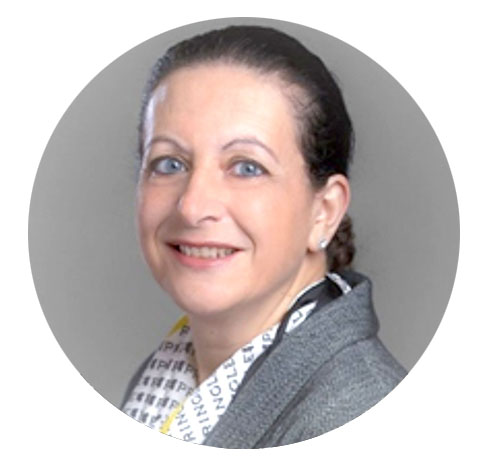
Dr Yolla McCoy
Technical Director at Feedwater Limited
I developed an early interest in Chemistry, Biology and Mathematics and was lucky enough to have inspiring science teachers who encouraged me to consider science as a future career.
At University I pursued my undergraduate and postgraduate education in Environmental Chemistry and gained a PhD in Environmental Engineering from the University of Birmingham.
My journey in the water treatment sector started in the 90s and was accidental after seeing an advert in the local newspaper at a time when I was desperate, as a fresh graduate, to get a job (any job in the field of science/chemistry). Writing this made me realise how lucky I was to get that first job which led to a successful and very fulfilling career.
Although the sector is still male dominated, things are moving in the right direction and the number of women continues to increase in both laboratory and field jobs. The number of women in senior and managerial roles is also on the increase.
If you are a girl or a woman thinking of joining an energetic, interesting, flexible and a secure career I strongly recommend considering the industrial water treatment sector. The field is full of endless opportunities for progression and you will be supported by both men and women who truly believe in gender equality and progression based on ability irrespective of gender.
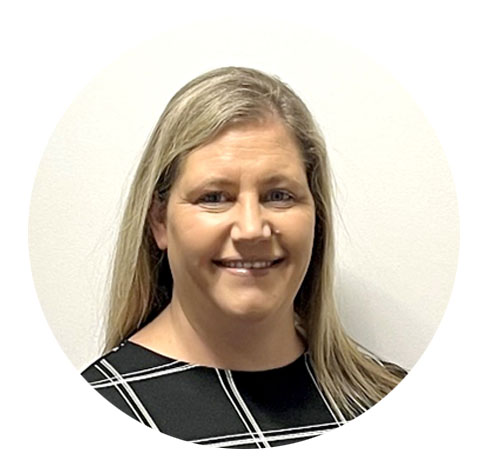
Shirley Paynter A.W.M.Soc
SP Consultancy
I started working in the water treatment industry as an admin assistant for a small water and effluent treatment company over 18 years ago. I progressed to a management position, which led into compliance as the company grew.
My training background was general admin / finance / health and safety. Over the years I completed on the job training, legionella training and furthered my training when I joined the Water Management Society.
I decided the office environment was no longer for me and wanted to venture out into the field, where I could implement my skills and help others learn from what I had done in the past.
I was given the opportunity to join, the Legionella Control Association as an assessor, and admit that at the time, I was very apprehensive as the water treatment industry was male dominated but I felt I had worked in the industry for a good length of time and therefore why not? I decided to join the team and be one of the minority women water treatment assessors and show the team what I can bring!
I have had a few challenges during my time as a female assessor, as women in the past have not usually been field based, however, I have overcome them. I enjoy my role and as even more women enter the world of water treatment; I would highly recommend it. My saying is, “There is no job a women can’t do or at least give it a try!”
References
1 Global Gender Gap Report 2022:
https://www.weforum.org/reports/global-gender-gap-report-2022/digest
2 Outdated stereotypes are main barrier to women entering plumbing industry – Herpeet Kaur Grewal:
https://www.facilitatemagazine.com/content/news/2023/03/06/outdated-stereotypes-are-main-barrier-women-entering-plumbingindustry?utm_term=&utm_medium=email&utm_source=Adestra
3 International Women’s Day – 8th March 2023:
https://www.internationalwomensday.com


